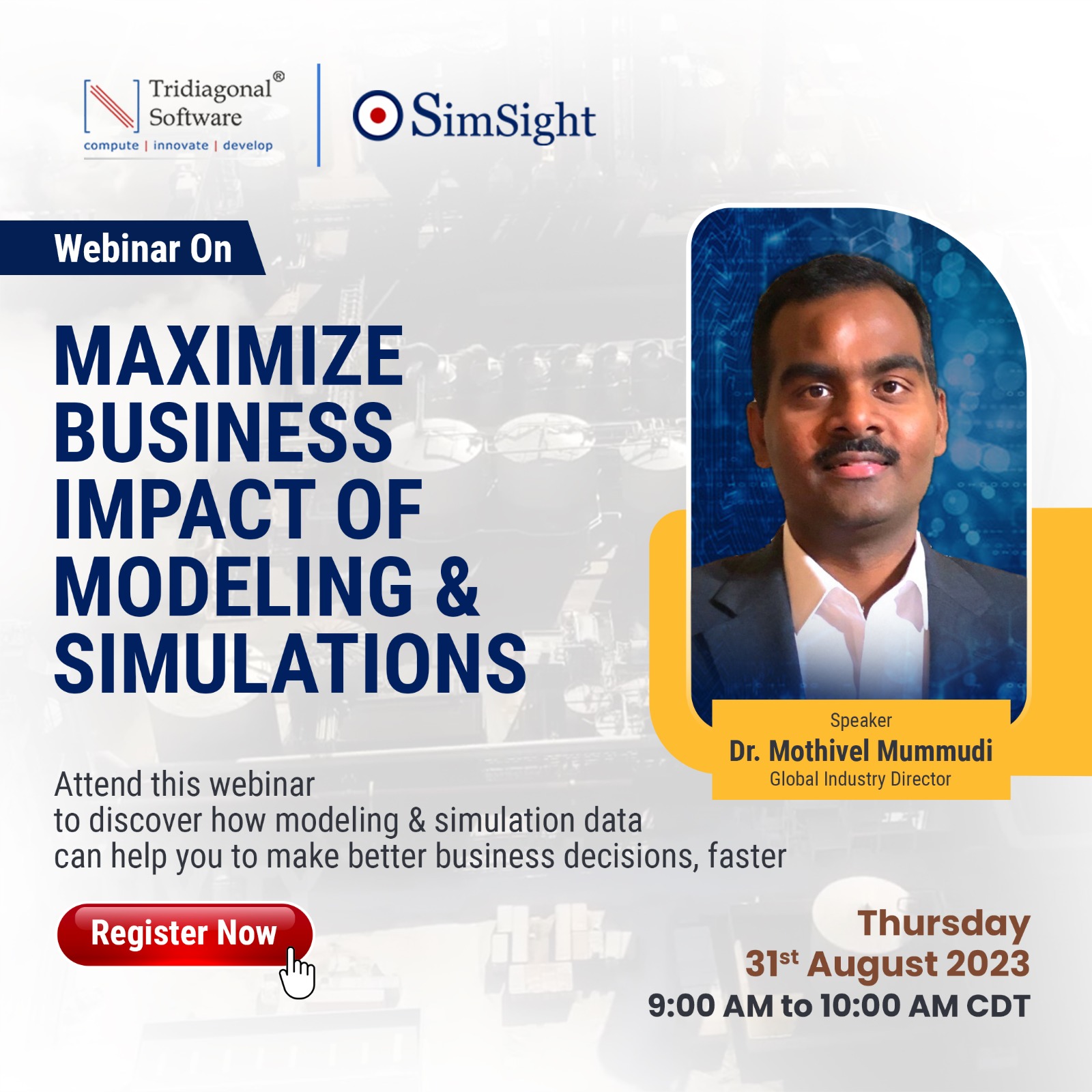
Today, computational modeling and simulation (M&S) is a key component of process development in the chemical, pharma and biotech industries. The popularity and success of modeling can be largely attributed to its ability to predict with great accuracy the (3-D) flow, mixing, mass-transfer etc. fields inside process equipment such as reactors, pumps, centrifuges, mixers etc. Further, simulation data is naturally rich in detail from which important process insights can be extracted. However, despite these advantages, the full potential of M&S as a “go-to” process development and scale-up activity remains unfulfilled. This is because, the process insights extracted from simulation data is not readily available for easy consumption to the greater process engineering community within an organization.
Specifically, analysts do not have a process knowledge repository solution that enables them to meaningfully store, curate and distribute process insights to the greater process engineering community. Simulation data and process insights/knowledge derived from it largely reside in presentation decks, cumbersome worksheets etc. which are hard to maintain and not scalable. This situation is not optimal and needs to be rectified relatively fast.
In this seminar, we present some key strategies to successfully address this problem of process knowledge management. Methods by which simulation data can be converted into process knowledge are first presented. This is followed by a description of a workflow that enables efficient storage and curation of the process knowledge. Finally, we present methodologies by which the stored process knowledge can be distributed for easy consumption by the greater process engineering community within the organization.
If you are a modeling engineer (CFD, FEA, LBM etc.) analyst or the leader of a group of such engineers, this webinar is a must attend for you!
Agenda:
- Challenges associated with extracting and utilizing process insights from CFD simulation data
- Examples of successful conversion of CFD data into process knowledge & its best practices
- Strategies for organizing and storing process knowledge in a meaningful way
- Importance of collaboration and knowledge sharing in process knowledge management
- Real life case studies of successful implementation of process knowledge management in organizations
Benefits of Attending:
- Learn about best practices for extracting key insights from CFD simulation data
- Gain insights from experienced industry expert
- Participate in interactive discussions with other attendees and ask questions to speakers
Attend this webinar to discover how modeling and simulation can help you to make better business decisions, faster
